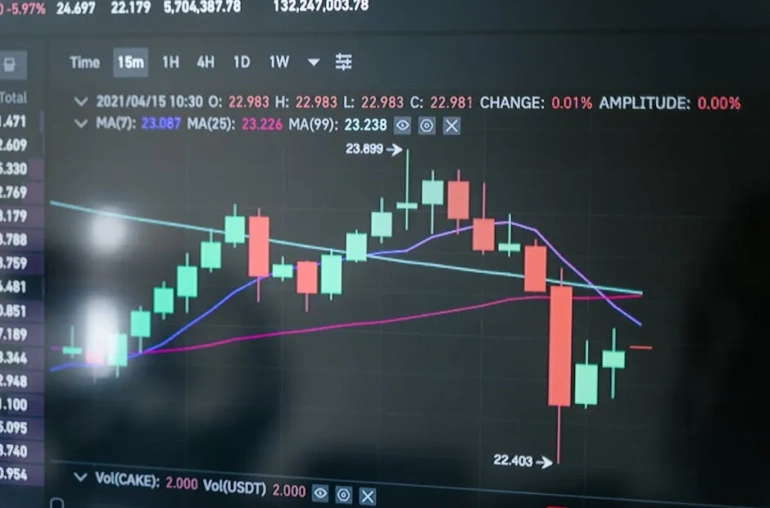
Bitwise’s Ethereum Staking ETF Hits Regulatory Roadblock
The U.S. Securities and Exchange Commission (SEC) has thrown a wrench into Bitwise’s plans for an Ethereum staking ETF, raising questions about the future of yield-generating crypto products. As the agency scrutinizes whether passive investors should earn staking rewards, the crypto community is left wondering: Is this a temporary setback or a sign of deeper regulatory resistance?

Why the SEC Is Pumping the Brakes
On June 30, the SEC delayed its decision on Bitwise’s proposed Ethereum ETF, which would allow investors to earn staking rewards passively. The hesitation stems from concerns that staking—a process where users lock up crypto to support blockchain operations in exchange for yield—may introduce undue risks for retail investors. This mirrors earlier SEC pushback against similar products, including Grayscale’s Ethereum Trust.
Key concerns include:
- Investor protection: Regulators worry staking rewards could be misrepresented as guaranteed returns.
- Custodial risks: ETFs typically rely on third-party staking providers, creating potential points of failure.
- Regulatory ambiguity: The SEC hasn’t clarified whether staking rewards qualify as securities under U.S. law.
What This Means for Crypto Markets
The delay highlights a growing divide between crypto innovators and traditional regulators. While staking ETFs could bridge the gap between Wall Street and decentralized finance (DeFi), the SEC’s caution suggests a longer road ahead for mainstream adoption. Ethereum’s price dipped slightly following the news, reflecting investor uncertainty.
Three Possible Outcomes:
- Approval with restrictions: The SEC may greenlight the ETF but limit staking rewards or require enhanced disclosures.
- Full rejection: A denial could push staking products into offshore markets or private offerings.
- Extended review: The agency might wait for clearer crypto legislation (e.g., the FIT21 Act) before deciding.
Investor Takeaways
For now, crypto enthusiasts should:
- Monitor SEC public statements for hints about future policy.
- Diversify staking strategies beyond ETFs (e.g., direct staking or DeFi protocols).
- Prepare for volatility—regulatory uncertainty often triggers short-term price swings.
“This isn’t just about Bitwise—it’s a litmus test for how traditional finance will engage with crypto’s yield economy,” says industry analyst Mark Johnson. As the SEC weighs risks versus innovation, the outcome could redefine passive crypto investing for years to come.



